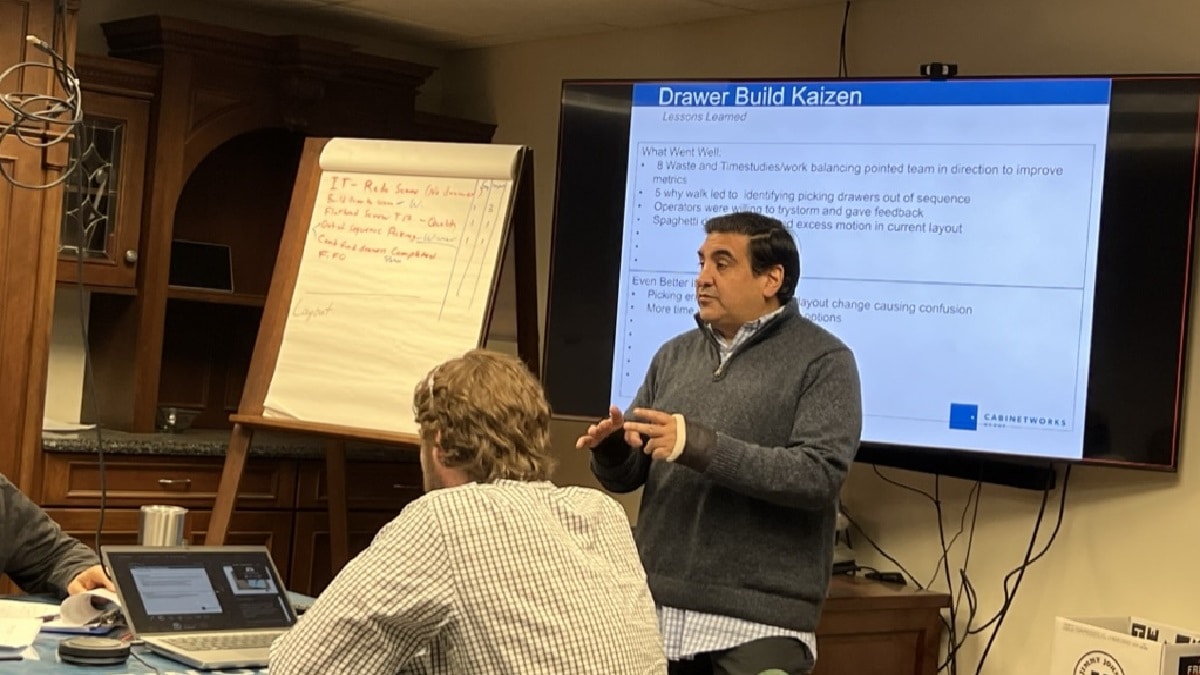For generations, the narrative surrounding businesses has been etched in numbers – quarterly profits, revenue streams, shareholder value. While financial success remains an undeniable aspect of their existence, businesses are no longer monolithic entities solely focused on maximizing returns. The winds of change are blowing, carrying with them a growing demand for a new paradigm: one where businesses transcend their traditional roles and emerge as agents of positive change, woven into the fabric of societal well-being and environmental sustainability.
From Shareholders to Stakeholders: Redefining the Scope of Impact
The traditional shareholder-centric model, while not entirely obsolete, is undergoing a necessary evolution. Businesses are increasingly recognizing the interconnectedness of their success with the well-being of their employees, communities, and the environment. This broader view, encompassing all stakeholders – employees, customers, suppliers, and the communities they operate in – necessitates a shift in focus from short-term profits to long-term impact. It challenges businesses to ask – how can we not only generate financial value, but also contribute to social good and environmental sustainability?
Beyond Greenwashing: Embracing Responsible Business Practices
Sustainability is no longer a buzzword to be tossed around for marketing purposes. Consumers and investors are becoming increasingly discerning, demanding genuine commitment to ethical practices and environmental responsibility. This manifests in diverse ways – from utilizing renewable energy sources and ethical sourcing to adopting fair labor practices and minimizing waste. It’s about integrating sustainability into the core of operations, not just a superficial add-on to appease trends.
From Products to Purpose: Aligning Values with Actions
Consumers are no longer mere buyers of goods and services; they are increasingly seeking brands that align with their values. Businesses that stand for something, that advocate for social causes and environmental protection, resonate with this conscious demographic. It’s about finding your purpose – what beyond profit drives your existence? What social or environmental issue are you passionate about addressing? Aligning your actions with your values fosters trust, attracts dedicated customers, and propels businesses towards a more meaningful, purpose-driven existence.
Collaboration, not Competition: Building Ecosystems of Impact
The complex challenges of our time – climate change, poverty, inequality – cannot be tackled in isolation. Businesses are realizing the power of collaborative efforts, forming partnerships with NGOs, community organizations, and even competitors to create powerful synergies for positive change. These collaborations, when built on trust and aligned goals, can amplify impact, share resources, and accelerate progress towards shared objectives.
Democratizing Change: Empowering Employees and Customers
Businesses with a conscience recognize that positive change can’t be imposed; it must be nurtured and embraced by everyone involved. Empowering employees, from the shop floor to the boardroom, to champion sustainability initiatives and contribute their ideas, fosters a sense of ownership and drives collective action. Engaging customers in the process, offering them opportunities to participate in positive initiatives and make informed choices, creates a community of conscious consumers driving change from the ground up.
Measuring Beyond the Bottom Line: Defining New Metrics of Success
The traditional financial metrics – profits, revenue, and market share – are no longer sufficient to measure the true success of a purpose-driven business. We need new metrics, a broader scorecard that encompasses impact on employees, communities, and the environment. This could include measuring employee satisfaction, community engagement, carbon footprint reduction, and positive social impact initiatives. By embracing these multi-dimensional metrics, businesses can hold themselves accountable and demonstrate their commitment to creating a more just and sustainable future.
Remember, businesses are not simply economic engines; they are powerful social forces with the potential to shape the world we live in. By reimagining their purpose, embracing responsible practices, fostering collaboration, and measuring their success beyond profits, businesses can weave themselves into the tapestry of a better future. They can become catalysts for positive change, inspiring employees, engaging customers, and contributing to a world where environmental sustainability and social well-being go hand in hand with economic prosperity. So, let us embark on this journey together, challenging the status quo, embracing bold innovations, and transforming businesses into agents of positive change, leaving a lasting legacy that extends far beyond the bottom line.







